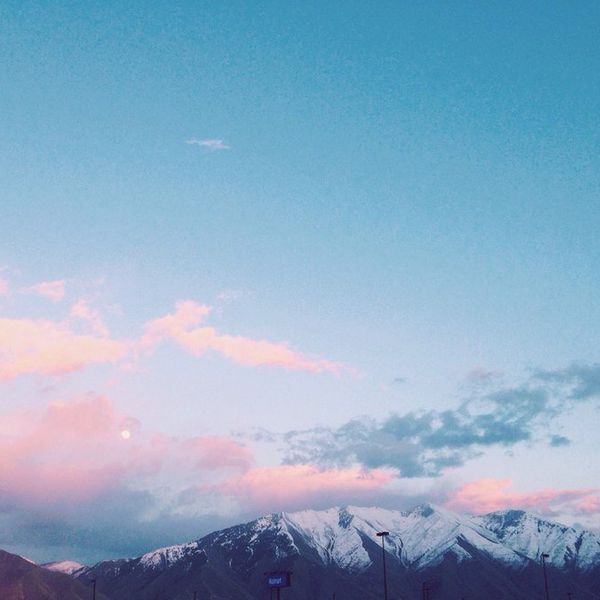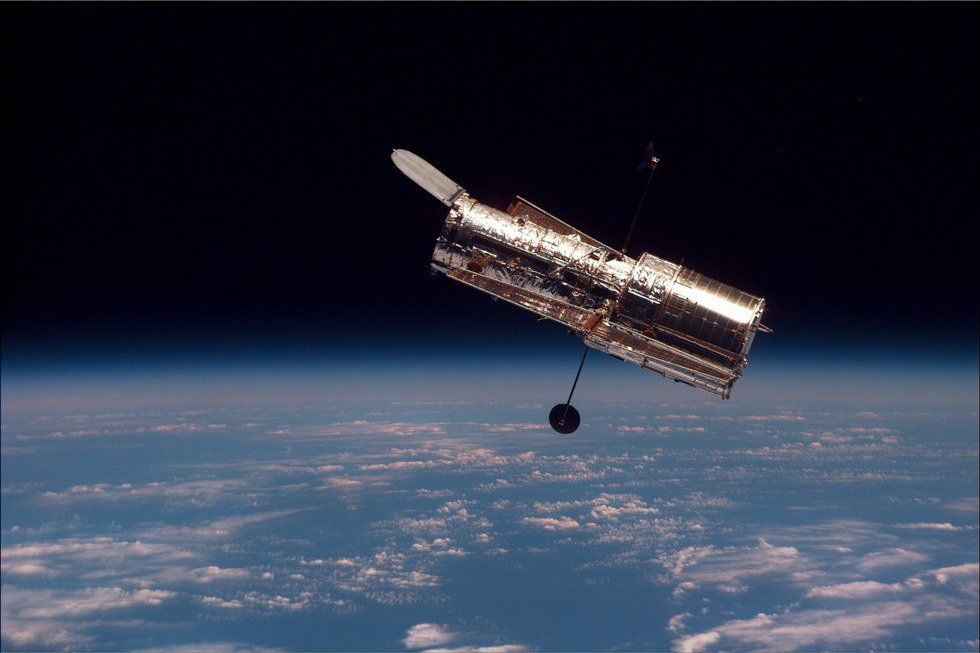Given that the universe is vast both in volume and space, it’s difficult to perceive an accurate representation of how vast space really is. Last week, NASA Astronomers came to the conclusion that there are at least ten times more galaxies in the observable universe than previously thought. The astronomers came to this conclusion thanks to a deep-sky census assembled from surveys taken by the Hubble Space Telescope and other observations.
The results have implications for galaxy formation, and also help shed light on an ancient astronomical question: why is the sky dark at night?
While analyzing the date, a team led by Christopher Conselice of the University of Nottingham, U.K., found that ten times as many galaxies were packed into a given volume of space in the early universe than found today. Most of these galaxies were both small and faint, with masses similar to those of the satellite galaxies surrounding the Milky Way. As the galaxies merged to form larger galaxies, the population density in space dwindled. Meaning that galaxies are not evenly distributed through the universe’s history.
"These results are powerful evidence that a significant galaxy evolution has taken place throughout the universe's history, which dramatically reduced the number of galaxies through mergers between them - thus reducing their total number. This gives us a verification of the so-called top-down formation of structure in the universe," explained Conselice.
One fundamental question in astronomy is how many galaxies does the universe contain. The landmark Hubble Deep Field, taken in the mid-1990s, observed the first insight into the universe's galaxy population. Subsequent sensitive observations such as Hubble's Ultra Deep Field revealed a myriad of faint galaxies. This led to an estimate that the observable universe contained about 200 billion galaxies.
The new research reveals the estimate of 200 billion galaxies is at least ten times too low.
Conselice and his team reached this conclusion using deep-space images from Hubble and the published data from other teams. Conselice and his team painstakingly converted the images into 3-D, in order to make accurate measurements of the number of galaxies at different epochs in the universe's history. In addition, the team used new mathematical models, which allowed them to infer the existence of galaxies that the current generation of telescopes cannot observe. This led to the surprising conclusion that in order for the numbers of galaxies we now see and their masses to add up, there must be a further 90 percent of galaxies in the observable universe that are too faint and too far away to be seen with present-day telescopes. These myriad small faint galaxies from the early universe merged over time into the larger galaxies we can now observe.
"It boggles the mind that over 90 percent of the galaxies in the universe have yet to be studied. Who knows what interesting properties we will find when we discover these galaxies with future generations of telescopes? In the near future, the James Webb Space Telescope will be able to study these ultra-faint galaxies, said Conselice.





















